Hamas to strengthen ties with Syria in future to serve Palestinian cause: spokesman
The Palestinian resistance movement Hamas says it would continue to develop and strengthen relations with Syria in the future to serve the Palestinian cause, particularly in light of the escalating Israeli aggression and crimes.
Hamas spokesman Hazem Qassem made the remarks in an interview with Sawt al-Aqsa Radio on Wednesday, after a high-ranking delegation of the Gaza-based resistance movement met with Syrian President Bashar al-Assad in Damascus.
Qassem further emphasized that the Hamas delegation’s visit to Syria, along with other Palestinian factions, was aimed at restoring relations with the Arab country.
He also noted that Hamas is determined to build solid relations with neighboring countries in order to gain support for the resistance and the liberation of Palestine.
The Hamas official further stated that the meeting participants came to the conclusion that it was time to put aside their differences and strengthen ties with Syria to serve the Palestinian people and their just cause.
On Wednesday, a delegation of Hamas met with Assad in Damascus in the first such visit in more than a decade as the two sides seek to revitalize their ties. Hamas officials were part of a broader delegation that included several Palestinian factions.
After the meeting, the deputy chief of the Hamas political bureau in the Gaza Strip, Khalil al-Hayya, who headed the delegation, said Assad was “keen on Syria’s support to the Palestinian resistance” and hailed it as a “glorious day.”
The visit came after non-public negotiations between Hamas and the Syrian leadership were mediated by the Lebanese resistance movement Hezbollah, in which the attendees discussed the disagreements that led to a decade-long rupture in ties.
Back in September, Hamas announced in a statement that it would restore its relations with Syria, which "has been supporting the Palestinian people and the Palestinian resistance factions for decades."
Relations between Hamas and the Syrian government were downgraded in 2011 following the outbreak of foreign-sponsored conflict in the Arab country.
Hamas vacated its headquarters in Damascus the following year and moved it to the Qatari capital city of Doha.
Back in June, Hayya confirmed to the Lebanese al-Akhbar newspaper that a decision had been taken to “restore the relationship with Damascus” after “an internal and external discussion” involving leaders, cadres, influencers, “and even detainees inside Israeli prisons.”
Hayya said “the circumstances, timing, and form were discussed” and “a plan was drawn up that will be implemented with the help of allies.”
VIDEO | Protesters in Paris slam Israel’s revocation of NGO licenses in Palestine
Israeli minister lays claim to Gaza, West Bank, calls Palestinians 'temporary guests'
Hamas: US strike on Venezuela, abduction of Maduro ‘grave violation of intl. law’
VIDEO | Lebanon commemorates martyrdom anniversary of General Soleimani
VIDEO | Massive protest held in Cuba to condemn US military operation in Venezuela
US Democrats float retaliation over Trump’s ‘insane’ Venezuela aggression
Iranian badminton star set to make history: Why Soraya Aghaei’s IOC nomination matters
VIDEO | Tunisians commemorate martyred resistance leaders


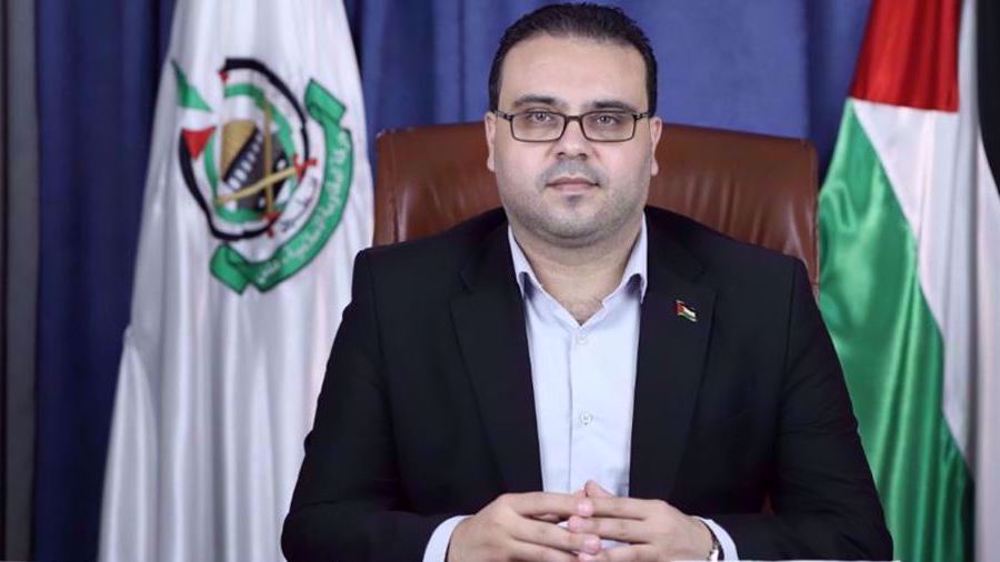
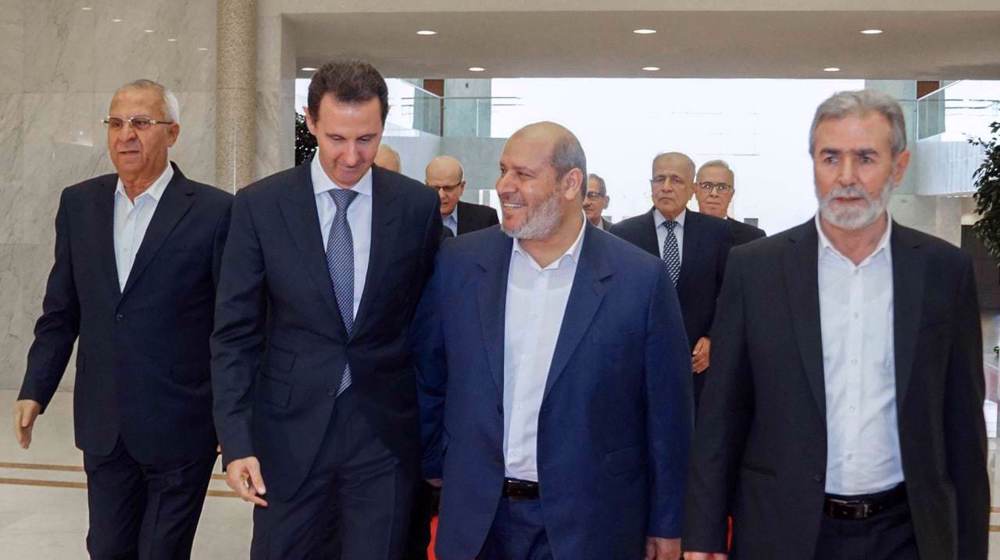
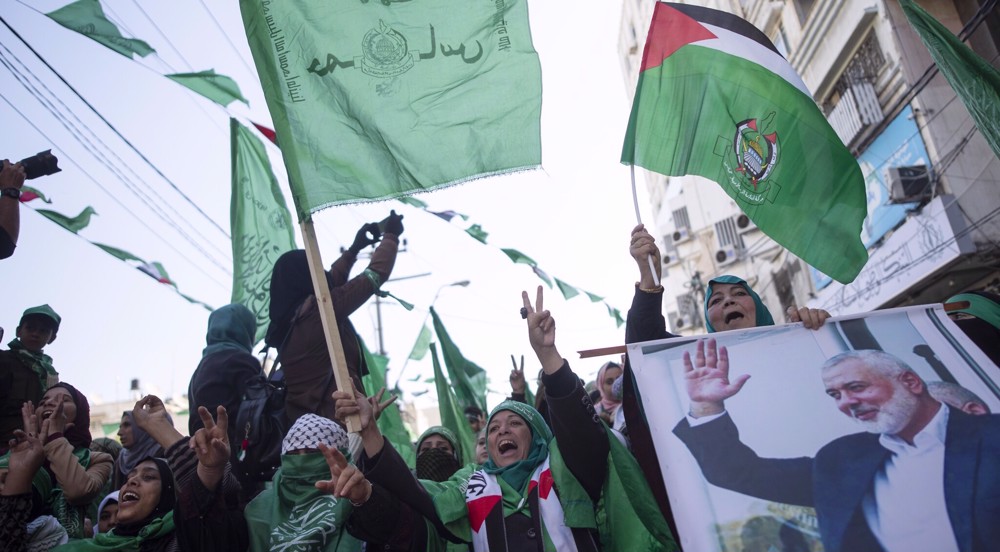

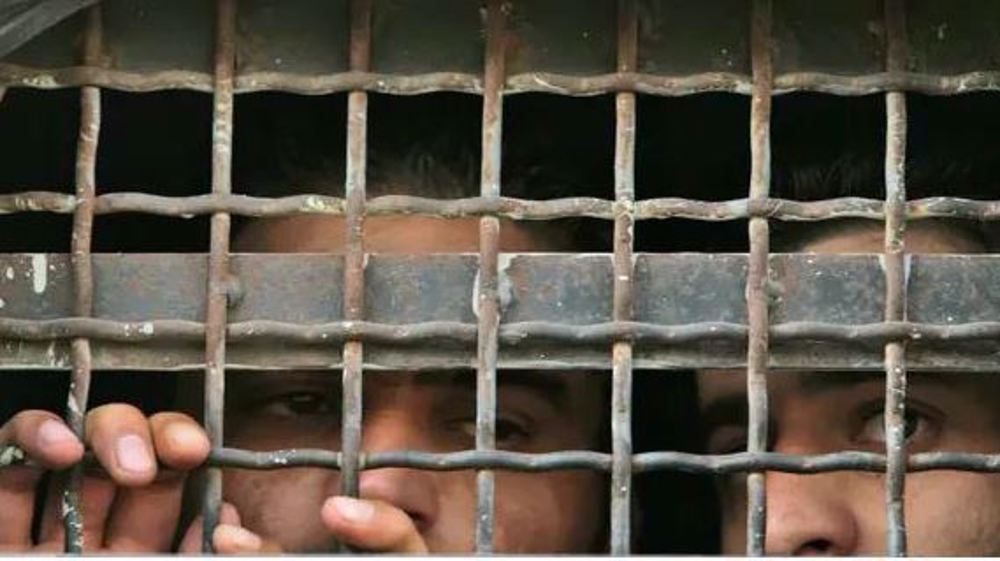




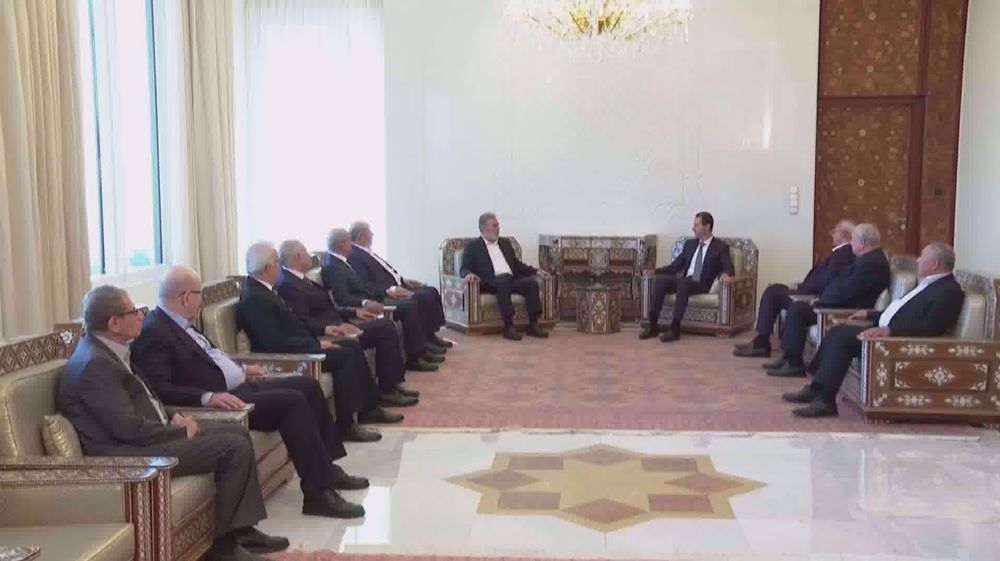

 This makes it easy to access the Press TV website
This makes it easy to access the Press TV website